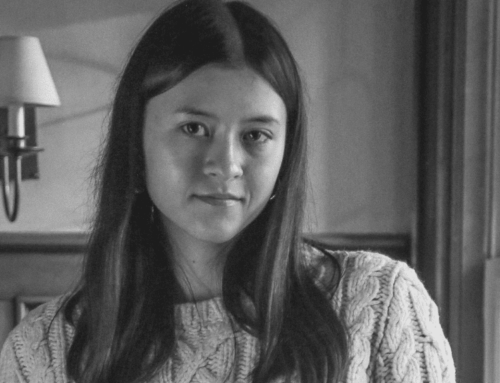When it comes to supporting the charities you love the most, monetary donations and volunteering are likely the first things that come to mind. But did you know that there are other ways to support those charities, such as leaving a legacy through your estate plans?
The Canadian Women’s Foundation has partnered with LawDepot to help Canadians who are interested in leaving a legacy.
What is Legacy Giving?
Legacy giving is when you leave a gift to a charity or organization as part of your estate plans.
Legacy gifts are distributed after you pass away and can be made up of a specific dollar amount, a percentage of your assets, or an item of value.
It allows the person donating to leave behind an impactful and far-reaching legacy after they have passed away.
What Can I Leave as a Legacy Gift?
Legacy gifts can take a variety of forms, the three most common being monetary donations, a portion of your estate residue, or a specific gift.
Monetary donations: A monetary donation is a specific amount of money, for example, $5,000. You can leave behind any amount you feel comfortable with.
Residue of estate: A residue of estate is the combined value of all the assets belonging to you after any debts have been paid.
For example, say a person’s assets totaled $110,000, they had $10,000 worth of debt, and they wanted to leave 5% of the residue of estate to a charity. Their residue of estate would be $100,000, and 5% of that ($5,000) would go to the charity of their choice.
Specific gifts: Specific gifts can be items of value, like vehicles, collectibles, or jewellery. Often, charities are able to sell these items at an auction and use the proceeds to fund initiatives.
Specific gifts can also be things like stocks, bonds, or insurance policies.
How Does Legacy Giving Help the Canadian Women’s Foundation?
Legacy gifts are a perfect option for anyone who wants to support a charity like the Canadian Women’s Foundation but is unable to do so in their current situation. For example, although you may not have the resources to make a donation today, chances are you will be able to later in life after you have acquired assets like a home, investments, or other savings.
Gifts like these support the Canadian Women’s Foundation’s work of moving women and girls out of violence, out of poverty, and into confidence and leadership.
Since legacy gifts are often planned far in advance, they can accrue significant value over the years. Aside from the increased value of legacy donations, they are also something that the charity can rely on in the future as you have the option to notify the charity you’ve chosen to donate to in advance.
How Do I Leave a Legacy Gift?
To leave a legacy gift, you will need to document your wishes in a Last Will and Testament. Be sure to include the charity name, charity registration number, and details regarding the gift you would like to leave.
If you already have a Last Will and Testament, you can use a Gift Deed instead. This is a document that specifies what you would like to leave behind to the charity of your choice and can be added as an attachment to your estate plans.
Also, make sure you have discussed your legacy gift with:
- The executor of your estate, especially if the way your assets are going to be distributed changes
- Your attorney
- A financial planner
- A representative from the charity you wish to leave a legacy gift to
- Your family members or friends
How do I Leave a Legacy Gift Specifically to the Canadian Women’s Foundation?
When leaving a legacy gift to Canadian Women’s Foundation, you have a few different options. You can:
- Create a Last Will and Testament – you can do this online through LawDepot. When you select the Canadian Women’s Foundation from LawDepot’s questionnaire, it will automatically include all of the information you need to donate in your document.
- Update your estate plans with a Gift Deed. If you already have a Last Will and Testament, you can quickly and easily add a donation by creating a Gift Deed with LawDepot. Just select the Canadian Women’s Foundation from the dropdown.
- If you’re unsure of what type of donation you wish to leave behind, or have questions about revising your estate plans, contact Laura Owen with any questions or concerns.







